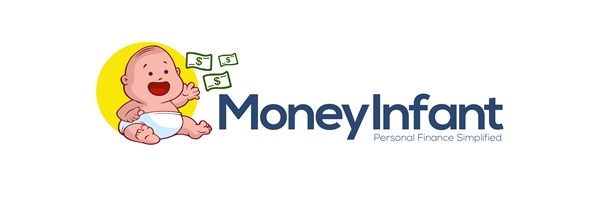Why Personal Finance Cash Flow Matters
It is common to look at cash flow when analyzing a business. Healthy cash flow means steady dividends for investors and is a sign of a well run business. Without a good positive cash flow the ability of a business to pay it’s employees and creditors can come into doubt. Warren Buffet, one of the greatest investors alive, uses cash flow as one of his metrics for deciding what businesses he wants to invest in. Strong and consistent cash flow is equated with a strong business; one that is able to easily grow and expand.
So, what does cash flow have to do with your personal finances?
Actually quite a bit. Your own personal finances can be looked at in a similar fashion. In some ways you already do if you have a budget. At a high level a budget is nothing more than a way to plan for and track income and expenses. Once you have the basics in place you can then start to add taxes, investments and other line items to help you forecast more effectively.
In a business the net cash flow consists of three pieces:
- Operational cash flow – This is cash received or spent as part of normal operations. Think of it as receivables and payables.
- Investment cash flow – This is cash received from the sale of long term assets or spent on the purchase of assets, acquisitions or investments.
- Financing cash flow – This is cash received from the issuance of debt or equity and expenses related to debt repayment, dividends and equity repurchases.
Now let’s look at how that relates to your own personal finances and what you can do to improve your cash flow.
Operational Cash Flow
Your personal operational cash flow consists of the income from your employment or personal business activities and the expenses related to running your home. These expenses would be for food, utilities, clothing, gas or anything else that is not financed. It does not include a mortgage payment or car payment, unless you are renting or leasing.
Operational cash flow is often the first place people go when they are looking to improve cash flow. You have many opportunities here to increase your cash flow. On the income side you can get a raise or promotion, a better job or a second job. On the expenses side you can decrease food expenses by using coupons, shopping smartly and cutting back on dining out. You can cut unnecessary expenses such as subscriptions, trips and vacations and expensive clothing purchases. Utility bills can be lowered by being conscious of your heating and water usage. There are many ways to cut back operating expenses within your home if you really look for them.
Investment Cash Flow
Investment cash flow refers not only to investment income and expenses, but also those related to your assets. What assets do you have? It could be your home, a car or anything else you buy that has a future resale value. Assets also include your stock or bond portfolio, real estate or land, retirement accounts. So, an increase in cash flow from this category will come from the sale of any of these assets and an expense comes from the purchase of any asset.
If you are working on paying off debt you likely won’t be very concerned with this category. If however you are in the process of saving and accumulating wealth this can become your main source of cash flow. Budgeting for investment cash flow can be quite difficult though as asset values can change dramatically. This is one area where forecasting can be of huge value. It can tell you when to buy or sell investments for the best return and take the emotional aspect out of investing.
Financing Cash Flow
Unless you are lending money to others it isn’t likely that you would have any income from financing cash flow in a personal budget. It is very likely that you will have expenses though, as all of your loans are financing expenses. Concentrating on eliminating all expenses related to financing cash flow is a great goal, one I think everyone should have. Remember that every dollar you spend on interest payments is another dollar that you could have working for you in some type of investment. Getting rid of expenses related to financing is a proven way to increase your personal cash flow.
Why Should I Care About Cash Flow?
One of the major benefits of looking at your budget with an eye to cash flow is that it forces you to consider both sides of the equation. Rather than focusing just on cutting spending or just on increasing income it gives you a complete picture. You have great opportunities on both sides so why not take advantage of them? If you want an extra $500 per month is it easier to increase your income by that much, cut your expenses by that much or a combination of the two? I think it is obvious that it will be easier to find that extra $500 if you cut your expenses AND increase your income.
It also helps us from falling into complacency. Too many times we get gung-ho about cutting spending, but after time passes we lose sight of our new found frugal mentality and expenses begin to creep back in. Maybe we have the idea that once we have cut expenses we are done and no longer need to look at them. Whatever the case, if you are looking at your cash flow on a regular basis it will be easy to spot those unnecessary expenses creeping back into your life. On the other side of the coin it forces us to be honest about how quickly our income is rising. More importantly it helps us to make decisions on how to best use our increasing income.

Leave a comment